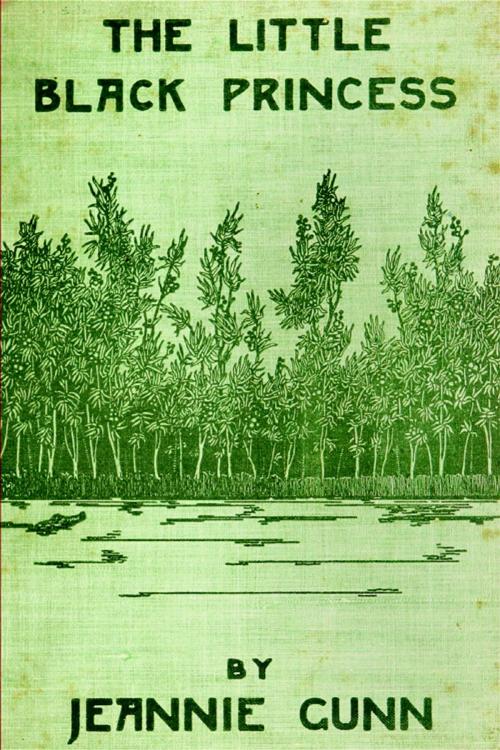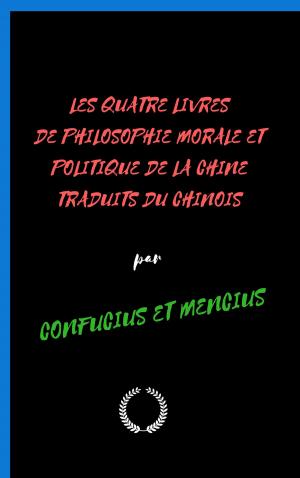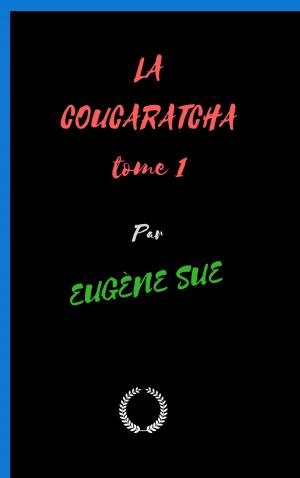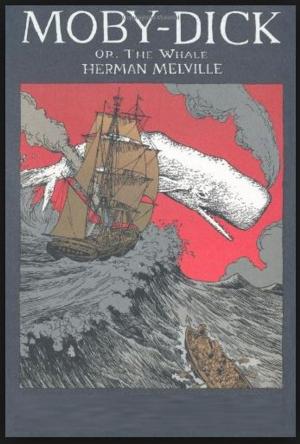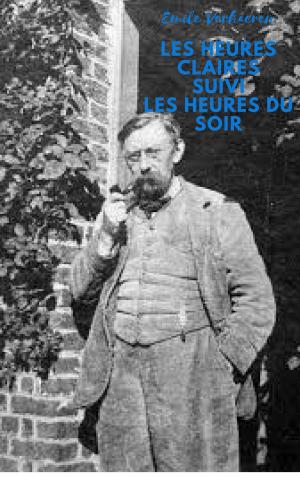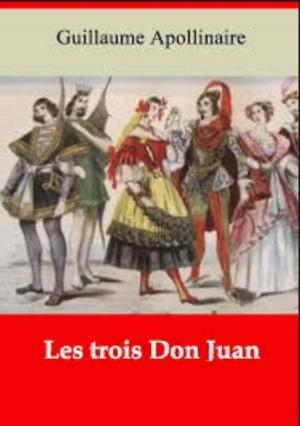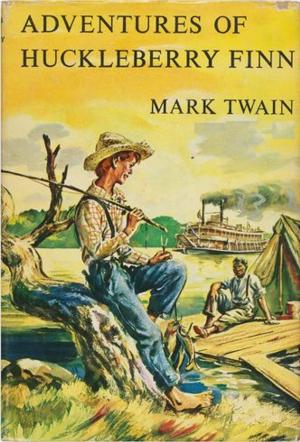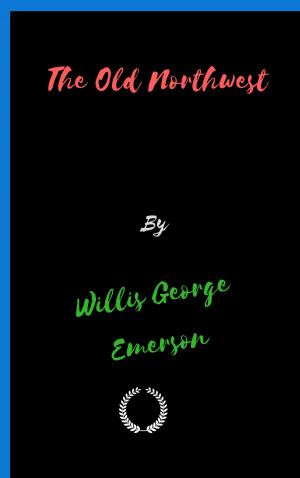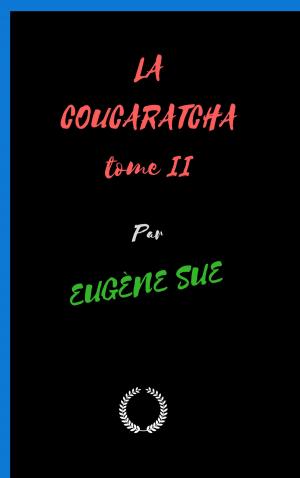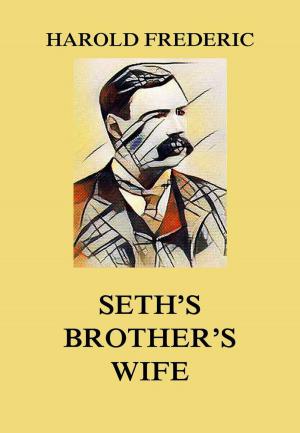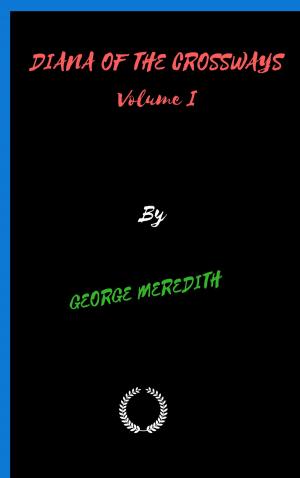| Author: | JEANNIE GUNN | ISBN: | 1230002337838 |
| Publisher: | Jwarlal | Publication: | May 24, 2018 |
| Imprint: | Language: | English |
| Author: | JEANNIE GUNN |
| ISBN: | 1230002337838 |
| Publisher: | Jwarlal |
| Publication: | May 24, 2018 |
| Imprint: | |
| Language: | English |
Bett-Bett must have been a Princess, for she was a King’s niece, and if that does not make a Princess of any one, it ought to do so!
She didn’t sit—like fairy-book princesses—waving golden sceptres over devoted subjects, for she was just a little bush nigger girl or “lubra,” about eight years old. She had, however, a very wonderful palace—the great lonely Australian bush.
She had also: one devoted subject—a little speckled dog called Sue; one big trouble—“looking out tucker”; and one big fear—Debbil-debbils!
It wasn’t all fun being a black Princess, for nobody knew what terrible things might happen any minute—as you will see!
Once, when Bett-Bett and Sue were camped with some of the tribe on the Roper River, they were suddenly attacked by the Willeroo blacks, who were their very fiercest enemies. Everybody “ran bush” at once to hide, with the Willeroos full chase after them. In the fright and hurry-scurry Bett-Bett fell into the river, and at once decided to stay there, for in spite of crocodiles it was the safest place she could think of. She swam under the water to the steep banks, and caught hold of the roots of an old tree. Standing on this, she stuck her nose and mouth out of the water, in the shelter of a water-lily leaf, and there she stood for a long, long time without moving a muscle, her little naked black body looking exactly like one of the shadows.
When all was quiet and it was getting dark, she crept out, thinking she would be safe for the night. Sue at once came out from her hiding-place, and licking Bett-Bett’s hand, seemed to say:
“My word, that was a narrow escape, wasn’t it!” Bett-Bett spoke softly to her, and the two of them then hunted about to see if any “tucker” had been left behind.
Sue very soon found a piece of raw beef, and Bett-Bett made a fire in the scrub, so that nobody could see the smoke; then, while the supper was cooking, they crouched close to the warmth, for they felt very cold.
By and by the steak caught fire, and Bett-Bett picked it up between two sticks, and tried to blow it out. Finding she could not manage this, she laid it on the ground and threw a handful of earth on it, and at once the flames died away. She and Sue then grinned at each other as if to say, “Aren’t we clever? we know how to manage things, don’t we?” and were just settling down to enjoy their supper, when a dreadful thing happened—somebody grabbed Bett-Bett from behind and shouted out, “Hallo! what name you?”
Did you ever see a terribly frightened little black princess? I did, for I saw one then. I was “the Missus” from the homestead, and with the Boss, or “Maluka” (as the blacks always called him), was “out bush,” camping near the river. We had arrived just about sunset, and seeing nigger tracks had decided to follow them, and found Bett-Bett! Big Mac, one of the stockmen, was with us, and it was he who had caught hold of her, but if it had been an army of Debbil-debbils she could not have been more frightened.
“Nang ah! piccaninny,” I said, meaning “come here, little one.” I spoke as kindly as I could, and Bett-Bett saw at once that I was a friend.
She spoke to Sue and came, saying: “Me plenty savey Engliss, Missus!”
This surprised us all, for she looked such a wild little nigger. I asked her where she had learnt her “plenty savey Engliss,” and she answered, “Longa you boys,” meaning she had picked it up from our homestead boys.
After a little coaxing she told us the story of the Willeroos, and said “Dank you please, Missus,” very earnestly when I asked if she would like to sleep in our camp.
As we went up the bank I was amused to see that she was munching her beef. It takes more than a good fright to make a blackfellow let go his only chance of supper. After a big meal of “damper” and honey— “sugar-bag” she called it—she went to a puddle and smeared herself all over with mud, and when I asked why she did this she said: “Spose skeeto come on, him bite mud, him no more bite me meself,” and I thought her a very wise little person.
Bett-Bett must have been a Princess, for she was a King’s niece, and if that does not make a Princess of any one, it ought to do so!
She didn’t sit—like fairy-book princesses—waving golden sceptres over devoted subjects, for she was just a little bush nigger girl or “lubra,” about eight years old. She had, however, a very wonderful palace—the great lonely Australian bush.
She had also: one devoted subject—a little speckled dog called Sue; one big trouble—“looking out tucker”; and one big fear—Debbil-debbils!
It wasn’t all fun being a black Princess, for nobody knew what terrible things might happen any minute—as you will see!
Once, when Bett-Bett and Sue were camped with some of the tribe on the Roper River, they were suddenly attacked by the Willeroo blacks, who were their very fiercest enemies. Everybody “ran bush” at once to hide, with the Willeroos full chase after them. In the fright and hurry-scurry Bett-Bett fell into the river, and at once decided to stay there, for in spite of crocodiles it was the safest place she could think of. She swam under the water to the steep banks, and caught hold of the roots of an old tree. Standing on this, she stuck her nose and mouth out of the water, in the shelter of a water-lily leaf, and there she stood for a long, long time without moving a muscle, her little naked black body looking exactly like one of the shadows.
When all was quiet and it was getting dark, she crept out, thinking she would be safe for the night. Sue at once came out from her hiding-place, and licking Bett-Bett’s hand, seemed to say:
“My word, that was a narrow escape, wasn’t it!” Bett-Bett spoke softly to her, and the two of them then hunted about to see if any “tucker” had been left behind.
Sue very soon found a piece of raw beef, and Bett-Bett made a fire in the scrub, so that nobody could see the smoke; then, while the supper was cooking, they crouched close to the warmth, for they felt very cold.
By and by the steak caught fire, and Bett-Bett picked it up between two sticks, and tried to blow it out. Finding she could not manage this, she laid it on the ground and threw a handful of earth on it, and at once the flames died away. She and Sue then grinned at each other as if to say, “Aren’t we clever? we know how to manage things, don’t we?” and were just settling down to enjoy their supper, when a dreadful thing happened—somebody grabbed Bett-Bett from behind and shouted out, “Hallo! what name you?”
Did you ever see a terribly frightened little black princess? I did, for I saw one then. I was “the Missus” from the homestead, and with the Boss, or “Maluka” (as the blacks always called him), was “out bush,” camping near the river. We had arrived just about sunset, and seeing nigger tracks had decided to follow them, and found Bett-Bett! Big Mac, one of the stockmen, was with us, and it was he who had caught hold of her, but if it had been an army of Debbil-debbils she could not have been more frightened.
“Nang ah! piccaninny,” I said, meaning “come here, little one.” I spoke as kindly as I could, and Bett-Bett saw at once that I was a friend.
She spoke to Sue and came, saying: “Me plenty savey Engliss, Missus!”
This surprised us all, for she looked such a wild little nigger. I asked her where she had learnt her “plenty savey Engliss,” and she answered, “Longa you boys,” meaning she had picked it up from our homestead boys.
After a little coaxing she told us the story of the Willeroos, and said “Dank you please, Missus,” very earnestly when I asked if she would like to sleep in our camp.
As we went up the bank I was amused to see that she was munching her beef. It takes more than a good fright to make a blackfellow let go his only chance of supper. After a big meal of “damper” and honey— “sugar-bag” she called it—she went to a puddle and smeared herself all over with mud, and when I asked why she did this she said: “Spose skeeto come on, him bite mud, him no more bite me meself,” and I thought her a very wise little person.
